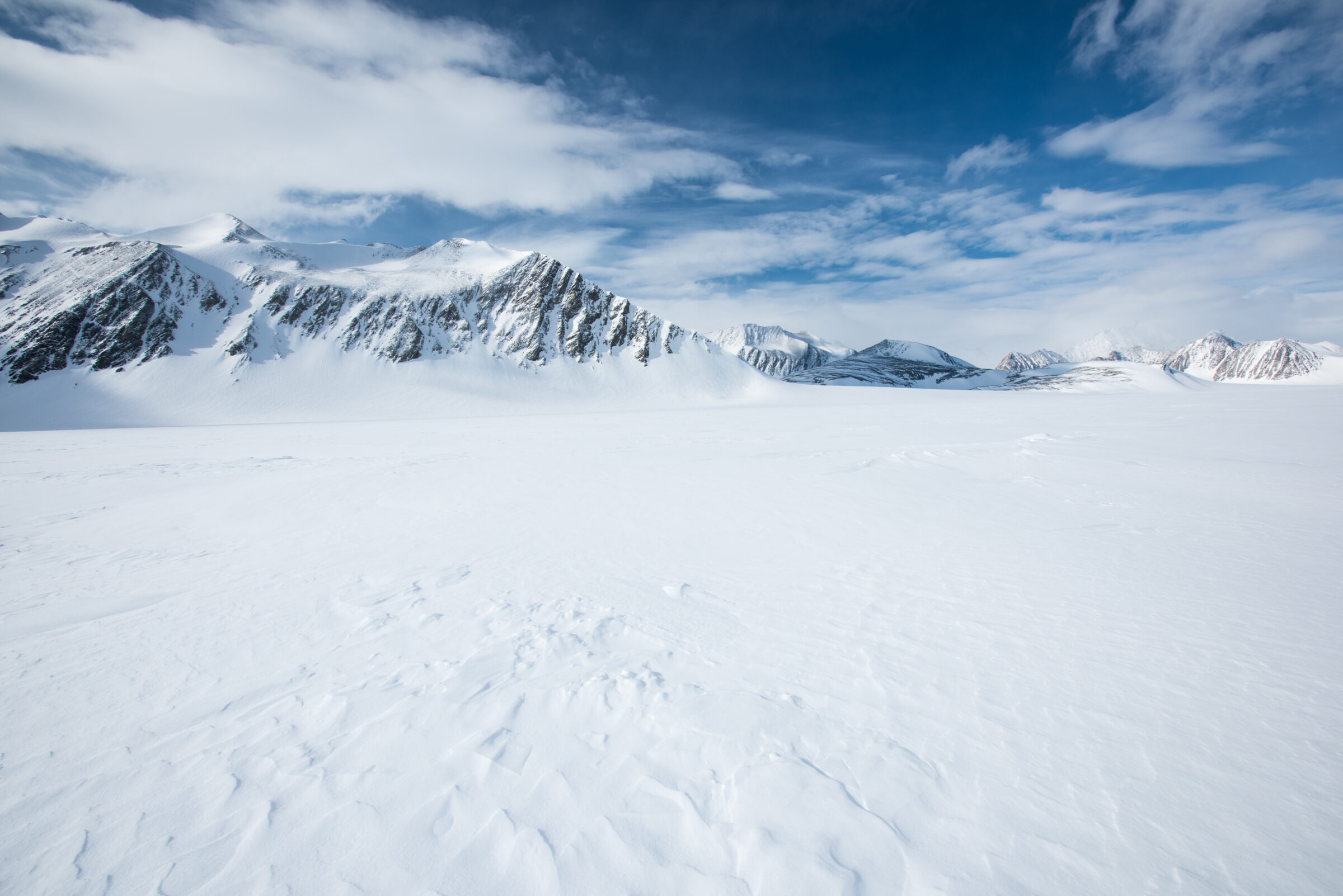Fighting for the Rights of . . . Antarctica?
Originally published at National Review- Categories
- Nature and Conservation
Environmentalism is growing increasingly irrational. Advocates are now pushing to give rights to a continent. From the Inside Climate News story:
Antarctic Rights’ proposal is part of the growing rights of nature movement, which has cemented various rights of ecosystems and individual species, like sea turtles, into legislation and court rulings in more than a dozen countries. The worsening climate and biodiversity crises have helped the movement gain momentum. In Ecuador, frogs have taken mining companies to court and won. In Colombia, courts have appointed human-guardians to oversee the rights of the Atrato River. There’s even precedent for giving nature a seat in the boardrooms of companies.
But never has an idea been set forth to put a natural entity on par with nation-states.
But what about the treaties that already govern the uses of Antarctica?
“The main threat to Antarctica can’t be regulated from within the Antarctic Treaty System,” said Carola Rackete, an ecologist and member of the European Parliament. She noted that many of the world’s biggest emitters are parties to the treaty, including the United States, Australia and China.
Note the climate-change angle.
So, what are the putative rights of the Antarctic? From the Antarctica Declaration:
1) Antarctica is an independent, autonomous entity with a unique international legal status and personality.
2) As an entity with legal personality, Antarctica has:
(a) the right to independence and to exercise all its legal powers freely and without dictation by States;
(b) the right to independence and to exercise all its legal powers freely and without dictation by States;
(c) jurisdiction within its territory, over all Antarctic beings, and over all Humans within its territory; and the right to equality in law with States.
3) Antarctica may exercise any power which a State could exercise under international law in order to exercise and protect themself and their legal status, territory, powers, rights and freedoms.
Crackers. What are the specifics?
Antarctica, and each Antarctic being, has the following inherent and inalienable rights and freedoms:
(a) the right to exist, and to maintain and regenerate themselves and the relationships which create the living communities which sustain them;
(b) the right to be respected as a being;
(c) the freedom to be wild and the right to continue their regenerative cycles and processes free of human disruption or control and free of contamination, pollution and toxic or radioactive waste;
(d) the right to self-expression and self-determination; [!!!]
(e) and the right to protect themselves against actual or threatened violations by Humans of their dignity, rights or freedoms.
Environmentalism is going crazy. Rather than promoting a more responsible use of resources, important elements of the movement seek to throttle human thriving by preventing us from exploiting Earth’s riches. And that would keep millions in the developing world mired in destitution as the developed world grew less and less prosperous. Indeed, we have already seen copper mines shuttered, attempts to prevent oil and gas extraction, and the undamming of rivers, just to mention a few.
Here’s the point of bringing this nonsense to your attention: It’s time for policy-makers to take steps to stop the nature-rights movement while it’s still in its early stages by passing laws declaring that only humans and our associations are entitled to rights and standing in courts. If this movement ever takes off, woe betide the future of our economies.
To hear what one of the founders of the nature-rights movement really thinks, see my podcast interview with Thomas Linzey. It is eye-opening.
